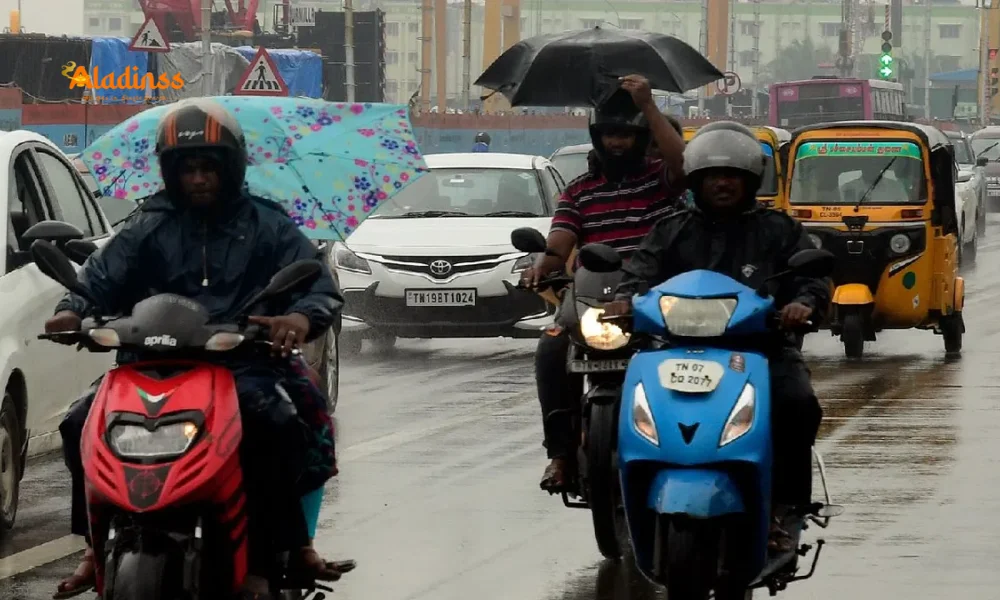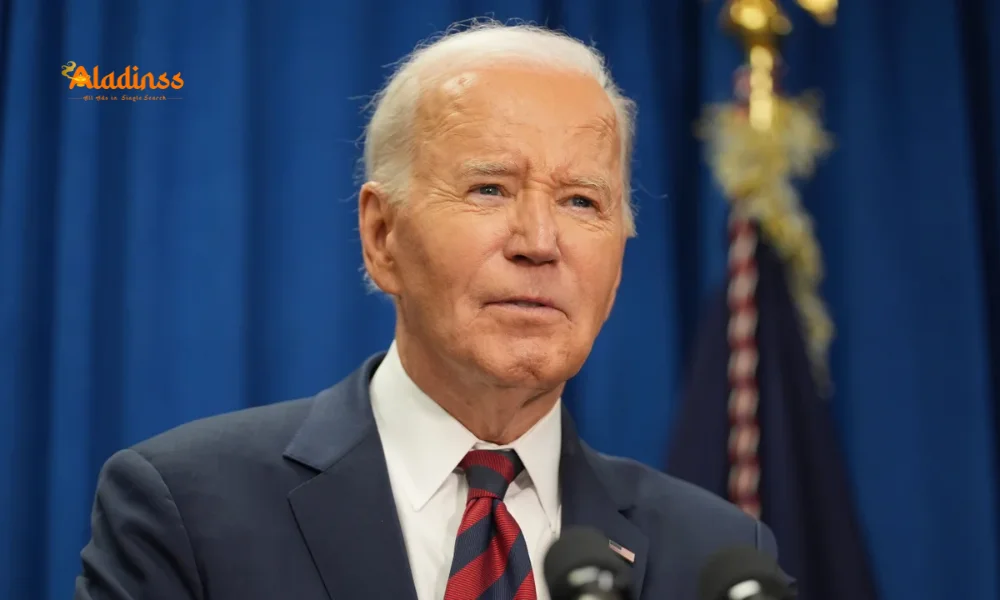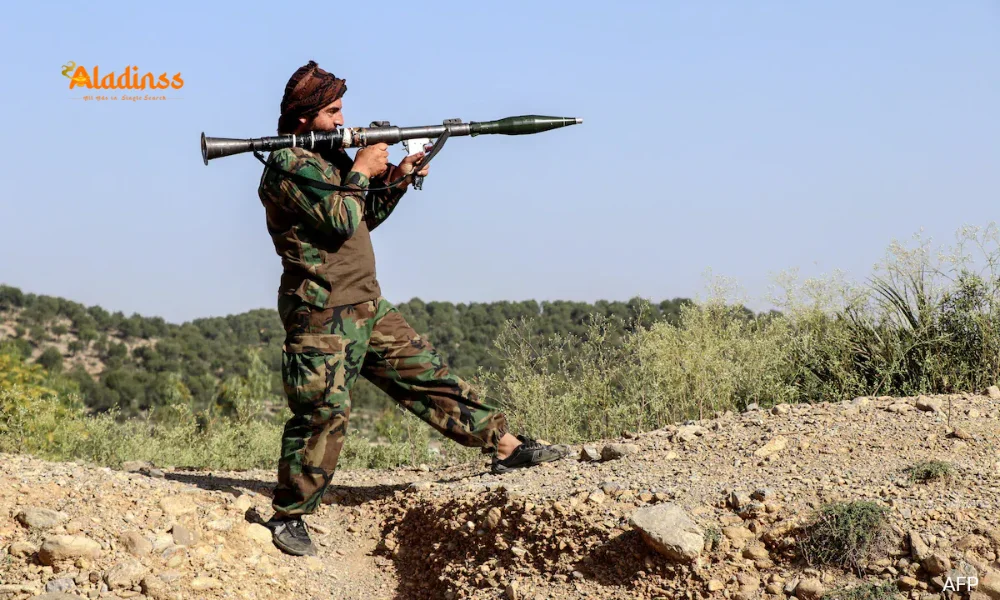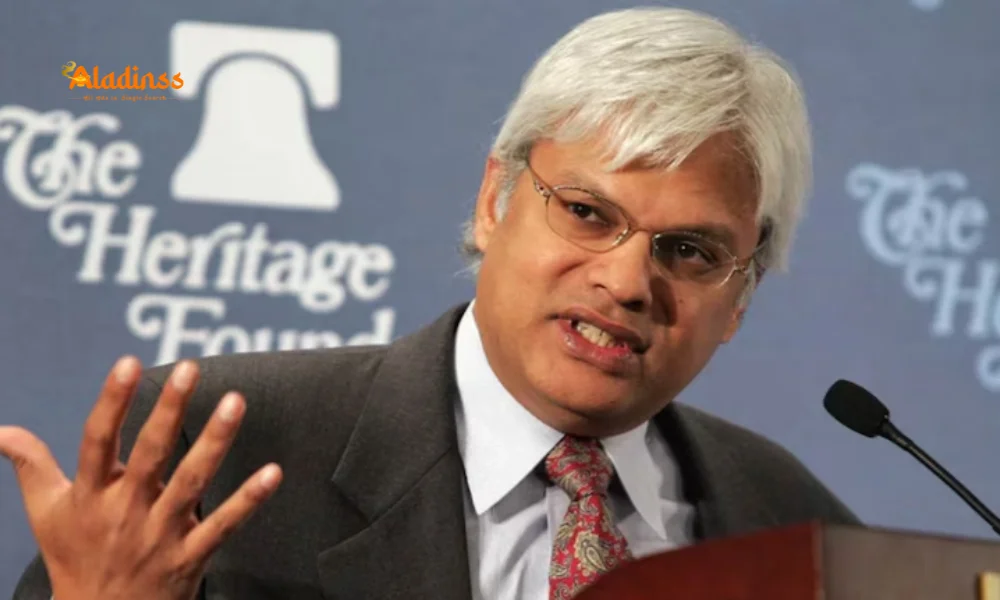Hamas Hands Over 4 Hostage Bodies Amid Aid Cuts
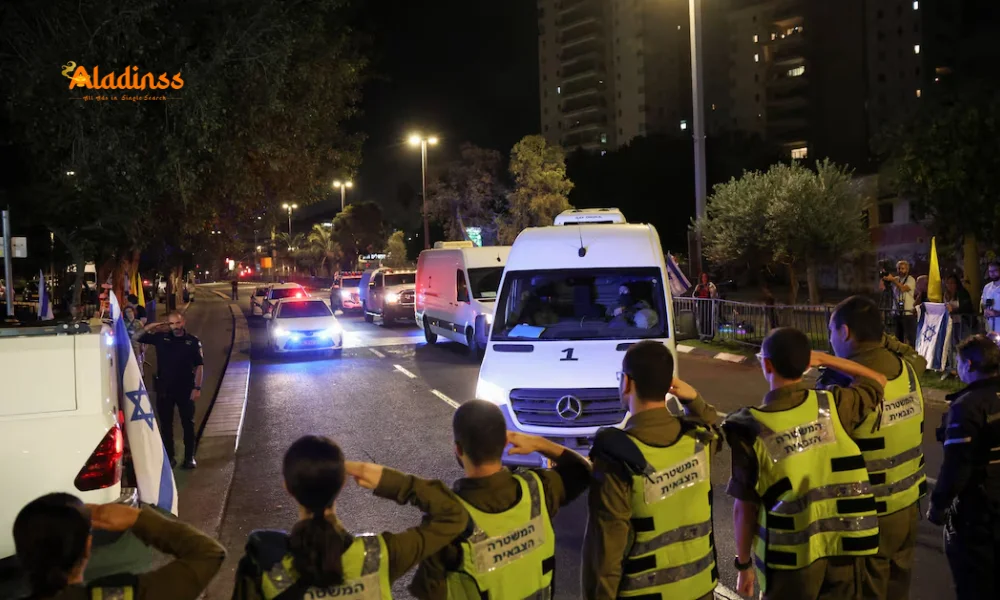
Hamas Transfers Four More Deceased Hostage Remains Amid Israeli Aid Restrictions and Trump's Disarmament Ultimatum
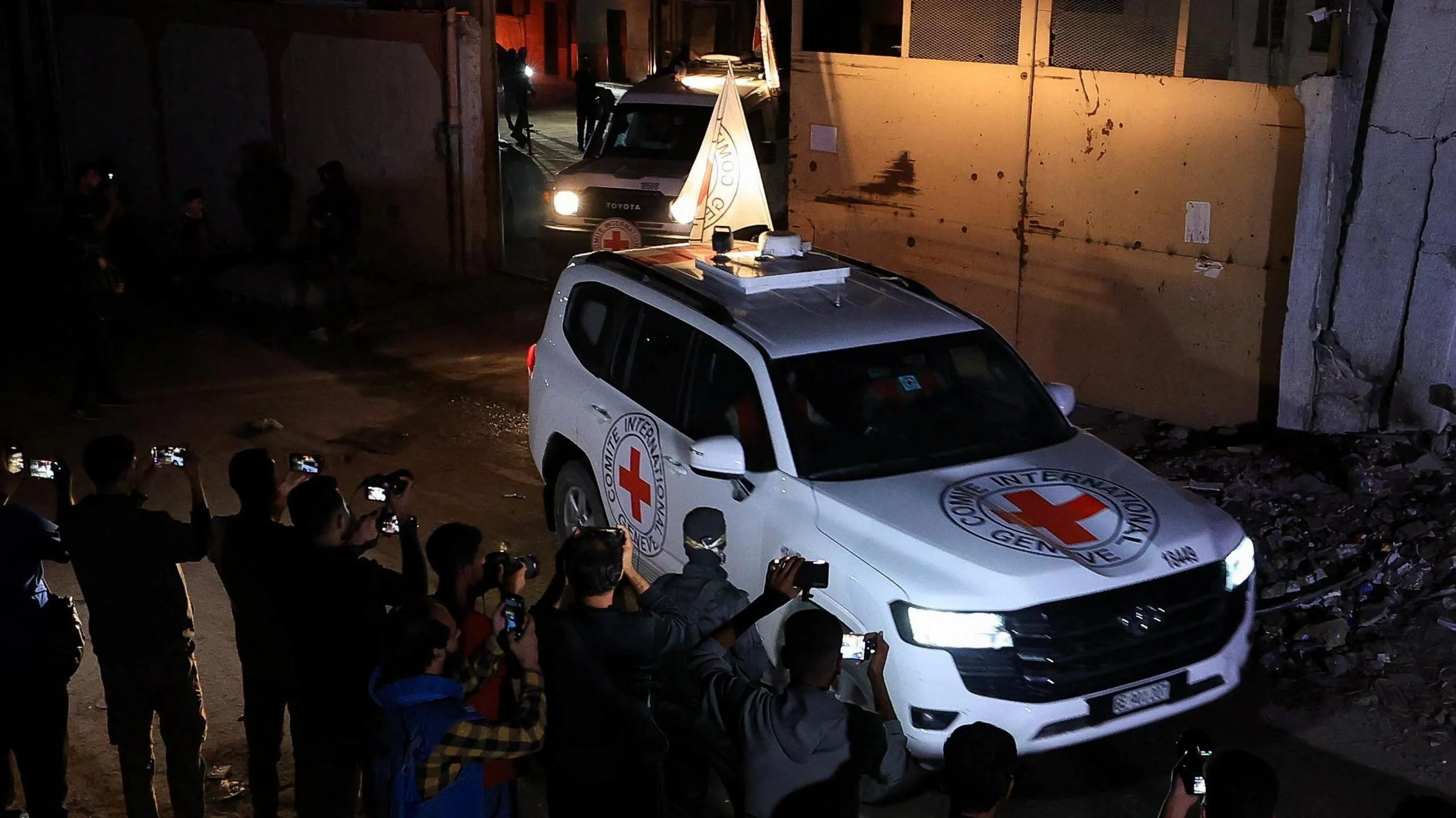
In a tense development testing the fledgling Gaza ceasefire, Hamas handed over the remains of four additional deceased Israeli hostages on October 14, 2025, as Israel imposed restrictions on humanitarian aid inflows and US President Donald Trump issued a stark warning for the group to disarm or face forceful intervention. The transfer, facilitated by the International Committee of the Red Cross, brings the total number of recovered bodies to eight since the US-brokered truce took effect last week, leaving 20 remains unaccounted for amid Gaza's widespread destruction. This Hamas hostage bodies transfer highlights the fragile balance of the agreement, which aims to end over two years of conflict sparked by the October 7, 2023, attacks that killed 1,200 Israelis and led to 251 abductions.
The move follows Israel's decision to halve daily aid entries-limiting supplies to 150 trucks from the agreed 300-and indefinitely close the Rafah crossing with Egypt, citing Hamas's failure to fully comply with the 72-hour deadline for all hostage remains. Trump's intervention, posted on X and reiterated to reporters, amplified the pressure: "They said they were going to disarm, and if they don’t disarm, we will disarm them-quickly and perhaps violently." These escalations come just days after the joyous release of the final 20 living hostages and over 1,700 Palestinian detainees, underscoring the ceasefire's precarious implementation.
Families of the unreturned hostages expressed profound frustration, staging protests in Tel Aviv's Hostage Square, demanding swift action. The Red Cross, tasked with verifying and transporting the remains to Israel's National Centre for Forensic Medicine in Abu Kabir, emphasized the logistical nightmares posed by rubble-strewn burial sites and contested zones under Israeli control.
Details of the Latest Hostage Remains Transfer
The handover occurred late on October 14 in southern Gaza, where Red Cross vehicles met Hamas representatives at a designated exchange point. The four coffins, containing the remains of IDF soldier Daniel Peretz, Yossi Sharabi, Guy Iluz, and Bipin Joshi-identified through preliminary records-were transported under heavy security to Tel Aviv's forensic center for DNA confirmation and family notifications. This follows Monday's transfer of four other bodies, including those of Omri Miran and Keith Siegel's companions, as part of the ceasefire's phased obligations.
Hamas attributed delays to the "massive challenge" of locating graves amid Gaza's 80% infrastructure devastation, with many sites in Israeli-occupied northern areas or buried under collapsed buildings from relentless airstrikes. Mediators, including Qatar and Egypt, relayed Hamas's assurances of "maximum effort" to expedite the process, per the US-proposed framework that allowed extensions beyond the initial 72-hour window. The Red Cross, in a statement, confirmed the bodies' integrity and urged all parties to prioritize humanitarian access to facilitate further recoveries.
Emotional reunions unfolded at Abu Kabir, where families like that of Yossi Sharabi's brother described the moment as bittersweet closure amid ongoing anguish for the missing 20. Protests in Tel Aviv intensified, with relatives chanting "Finish the job!" and accusing both Hamas and Israeli leadership of prolonging suffering. Hostage forums emphasized that without full compliance, the ceasefire risks unraveling, potentially reigniting hostilities that have already displaced 1.9 million Gazans.
Israel's Aid Restrictions: A Response to Ceasefire Violations
Israel's far-right ministers, including National Security Minister Itamar Ben-Gvir and Finance Minister Bezalel Smotrich, spearheaded the aid cut, arguing that "only military pressure brings back hostages." Ben-Gvir, overseeing prisons, boasted of harsh conditions for Palestinian detainees and demanded an ultimatum: immediate return of all remains or total aid halt. The decision slashed truck entries at Kerem Shalom and delayed Rafah's reopening, affecting food, medicine, and fuel supplies critical for Gaza's famine-threatened population.
Prime Minister Benjamin Netanyahu, facing domestic backlash for perceived concessions in the living hostages' exchange, endorsed the measures as "necessary enforcement" of the deal. Israeli officials informed the UN of the halved quotas, citing Hamas's "deliberate delays" as a breach warranting reciprocity. Critics, including UN aid chief Martin Griffiths, decried the move as "collective punishment," warning of exacerbated humanitarian catastrophe in a strip where 90% face acute food insecurity.
The restrictions echo patterns from the conflict's early months, when aid blockades preceded escalations. With Phase One's aid corridors now throttled, reconstruction-estimated at $50 billion by the World Bank-faces indefinite postponement. Palestinian Authority officials in Ramallah condemned the cuts, urging international intervention to safeguard the truce's fragile gains.
- Aid Reduction: From 300 to 150 trucks daily, impacting 2.3 million residents.
- Rafah Closure: Indefinite delay, blocking Egyptian supplies and medical evacuations.
- Ministerial Demands: Ben-Gvir and Smotrich push for full halt unless all remains returned immediately.
- UN Warnings: Risk of famine and disease outbreaks in overcrowded shelters.
As convoys dwindled at Kerem Shalom, Gazans queued for scarce rations, with reports of rising malnutrition among children. This standoff tests mediators' resolve, as Qatar and Egypt shuttle proposals for phased recoveries tied to aid resumption.
Trump's Ultimatum: Disarm or Face Consequences
US President Donald Trump, fresh from proclaiming a "historic dawn" in his Knesset address, escalated rhetoric on October 14, decrying the slow pace of deceased hostage returns and issuing a disarmament mandate to Hamas. In a White House briefing, Trump stated, "They know what I mean-if they don’t disarm, we will disarm them, and it will happen quickly and perhaps violently." His X post lamented "too few" bodies returned, omitting Israel's aid curbs but tying compliance to Phase Two's onset, which includes demilitarization and governance reforms.
Trump's stance aligns with his "America First" doctrine, emphasizing US leverage through threats over prolonged talks. He claimed direct Hamas assurances via "his people" for disarmament, though mediators clarified ongoing negotiations. The warning, echoing his Abraham Accords expansions, positions the US as guarantor, with potential military implications via Israeli proxies or sanctions.
Hamas, through Doha spokespeople, rejected the threats as "coercive," insisting on sovereignty and linking disarmament to Israeli withdrawal and statehood talks. Analysts note Trump's approach risks derailing the truce, as Phase Two envisions Palestinian Authority oversight in a demilitarized Gaza, a red line for Hamas hardliners.
Family Reactions and Protests: Anguish Over Unresolved Remains
The partial handover brought solace to some families but ignited fury among others, with vigils turning to demonstrations across Israel. In Tel Aviv's Hostage Square, relatives of the 20 unreturned decedents rallied opposite Simchat Torah celebrations, bearing photos and placards reading "Bodies Are Not Bargaining Chips." Daniel Peretz's family, receiving his remains, described DNA confirmation as "agony prolonged," while Yossi Sharabi's brother called for "no respite until all are home."
Hostage and Missing Families Forum chairwoman Pnina Sorokin urged Netanyahu to "finish the job," criticizing Red Cross timelines as inadequate given Gaza's rubble. Protests spread to Jerusalem, where demonstrators blocked roads, demanding military incursions to secure sites. The emotional toll-two years of uncertainty-has spurred mental health crises, with forums reporting spikes in PTSD among kin.
Palestinian families, celebrating 2,000 releases including long-term detainees, tempered joy with aid cut fears. In Ramallah, freed prisoners like Ahed Tamimi hailed the exchange but warned of renewed despair without supplies. These parallel narratives highlight the ceasefire's human stakes, where joy and grief intertwine.
Ceasefire Framework: Challenges in Phase One Compliance
The US-proposed Gaza ceasefire, inked October 13 in Sharm El-Sheikh, outlined Phase One's 72-hour hostage handover-living and dead-for Palestinian releases and aid surges. Delays triggered contingency clauses, mandating Hamas's "maximum effort" and information sharing on remains. Yet, destruction-80% of buildings razed-complicates exhumations, with UN teams estimating weeks for full access.
Mediators report progress: Eight bodies transferred, locations for 12 more identified, but four remain elusive in contested zones. Israel's aid leverage aims to accelerate, but risks backlash, as seen in past blockades fueling radicalization. Phase Two-demilitarization, reconstruction-looms, with Trump's ultimatum pressuring Hamas amid internal divisions.
International monitors, including UN and EU observers, call for transparency, proposing joint teams for recoveries. The framework's success hinges on trust-building, from verifying remains to ensuring aid parity.
Global Reactions and Path Forward
World leaders lauded the living releases but urged de-escalation post-aid cuts. UN Secretary-General Antonio Guterres warned of "irreversible harm" from restrictions, while EU's Ursula von der Leyen pledged €1 billion for reconstruction if compliance holds. Qatar and Egypt, key brokers, facilitated the Tuesday transfer, pressing for Rafah's reopening.
In Gaza, aid agencies like MSF decried halved supplies, predicting child mortality spikes. Hamas's Doha contingent affirmed commitment, blaming rubble for delays. Trump's threats, while bolstering Israeli hawks, drew Arab League criticism as "provocative."
Forward momentum requires balancing enforcement with empathy: Joint recovery missions, phased aid resumption, and disarmament dialogues. As families await closure, the Hamas hostage bodies transfer stands as a tentative step toward healing a scarred landscape.
Comment / Reply From
No comments yet. Be the first to comment!

